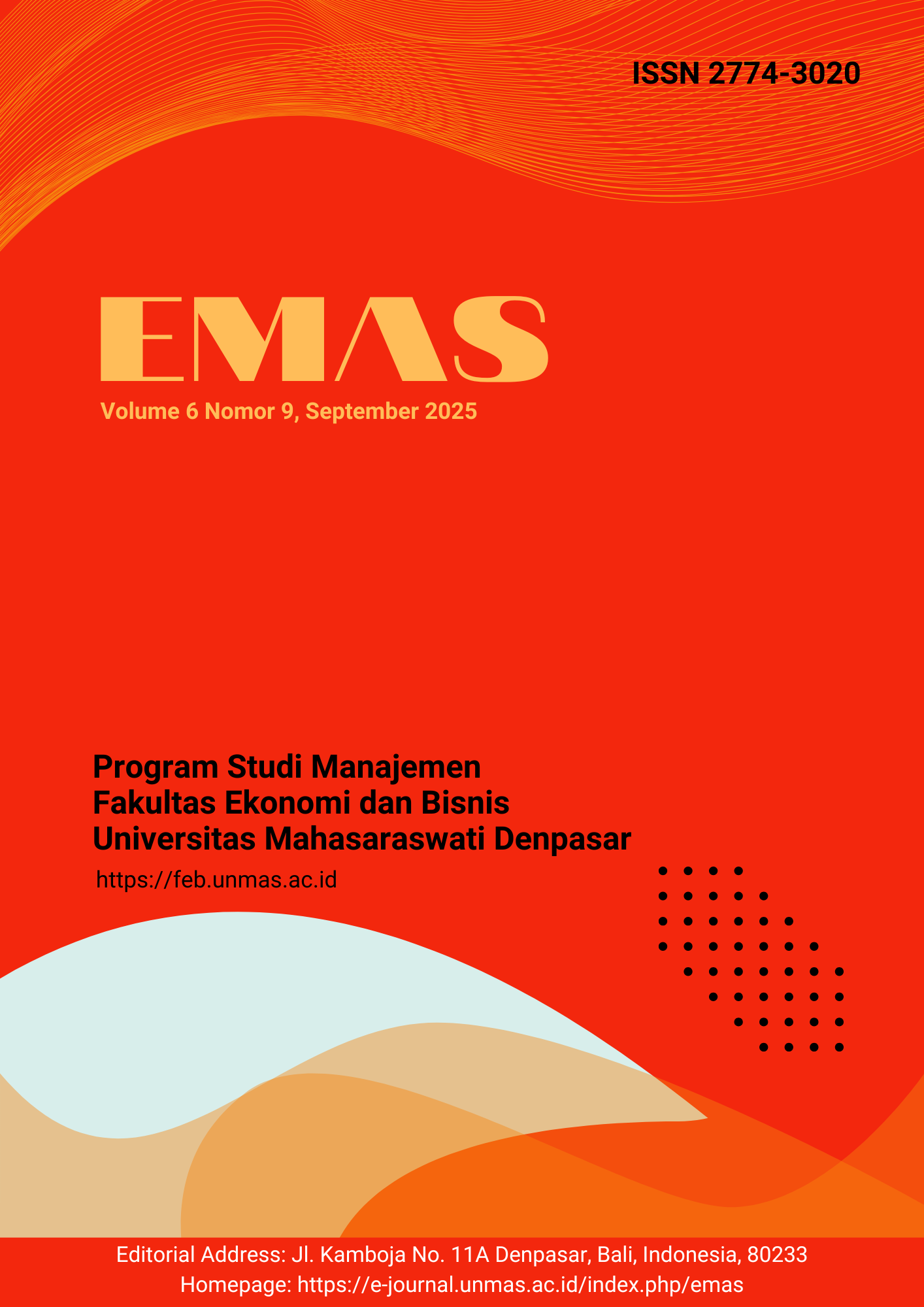CULTURAL GUIDELINES FOR COMPANIES OPERATING INTERNATIONALLY: NAVIGATING GLOBAL MARKETS WITH SENSITIVITY AND RESPECT
DOI:
https://doi.org/10.36733/emas.v6i9.12644Keywords:
cross-cultural integration, international business management, socio economic factors, operational philosophyAbstract
As businesses increasingly expand into international markets, understanding and respecting cultural differences becomes imperative for success. This research examines the cultural guidelines that companies should adopt to navigate global markets effectively. The study reviews existing literature on cross-cultural management, presents empirical cases demonstrating the impact of cultural sensitivity on business performance, and outlines methods for mitigating cultural misunderstandings. It concludes with recommendations for companies, highlighting the importance of cultural competence in achieving sustainable global operations. The aim of this study is to delve into the significance of cross-cultural integration in international business management. In the context of globalization, cross-cultural integration has become a key factor for businesses to gain a competitive advantage in the international market. A profound understanding and effective utilization of cultural diversity enable businesses to better address challenges in the international market, enhance their competitiveness, and achieve sustainable development. This research will focus on the impact of cross-cultural integration on business strategies, team collaboration, market expansion, etc., aiming to provide management strategies and decision references for businesses and further advance the theory of international business management. Through in-depth research and empirical analysis, this study aims to offer a comprehensive and profound international management perspective, providing crucial guidance and support for businesses to stand resilient in global competition.
References
Hofstede, G. (1980). Culture's consequences: International differences in work-related values. Beverly Hills, CA: Sage Publications.
Jones, D. (2023). Cultural adaptation and its effect on brand performance: A case study of Unilever. International Journal of Business Studies, 12(2), 45-60.
Liu, B. (2020). Reform of online and offline blended teaching mode under the background of "Internet+": A case study of international business management course. Western Quality Education, 6(1), 119-121.
McSweeney, B. (2002). Honeymoon's over: The cultural context of global marketing. Business & Society, 41(2), 241-257.
Smith, A. (2021). Strategies for cultural integration in multinational enterprises: The case of McDonald's. Journal of International Business Studies, 32(5), 1024-1041.
Trompenaars, F., & Hampden-Turner, C. (1997). Riding the waves of culture: Understanding diversity in global business (2nd ed.). London, England: Nicholas Brealey Publishing.
Wang, Y. (2019). Crisis identification and management of production management in GMC simulated enterprises. Today's Fortune, (16), 128-129.
Xue, Y. (2020). Research on cross-cultural conflicts and management strategies based on international enterprise human resource management. Chinese Journal of Multimedia and Network Teaching (Mid-monthly), (7), 234-236.
Downloads
Published
How to Cite
Issue
Section
License
Copyright (c) 2025 EMAS

This work is licensed under a Creative Commons Attribution-NonCommercial-ShareAlike 4.0 International License.





